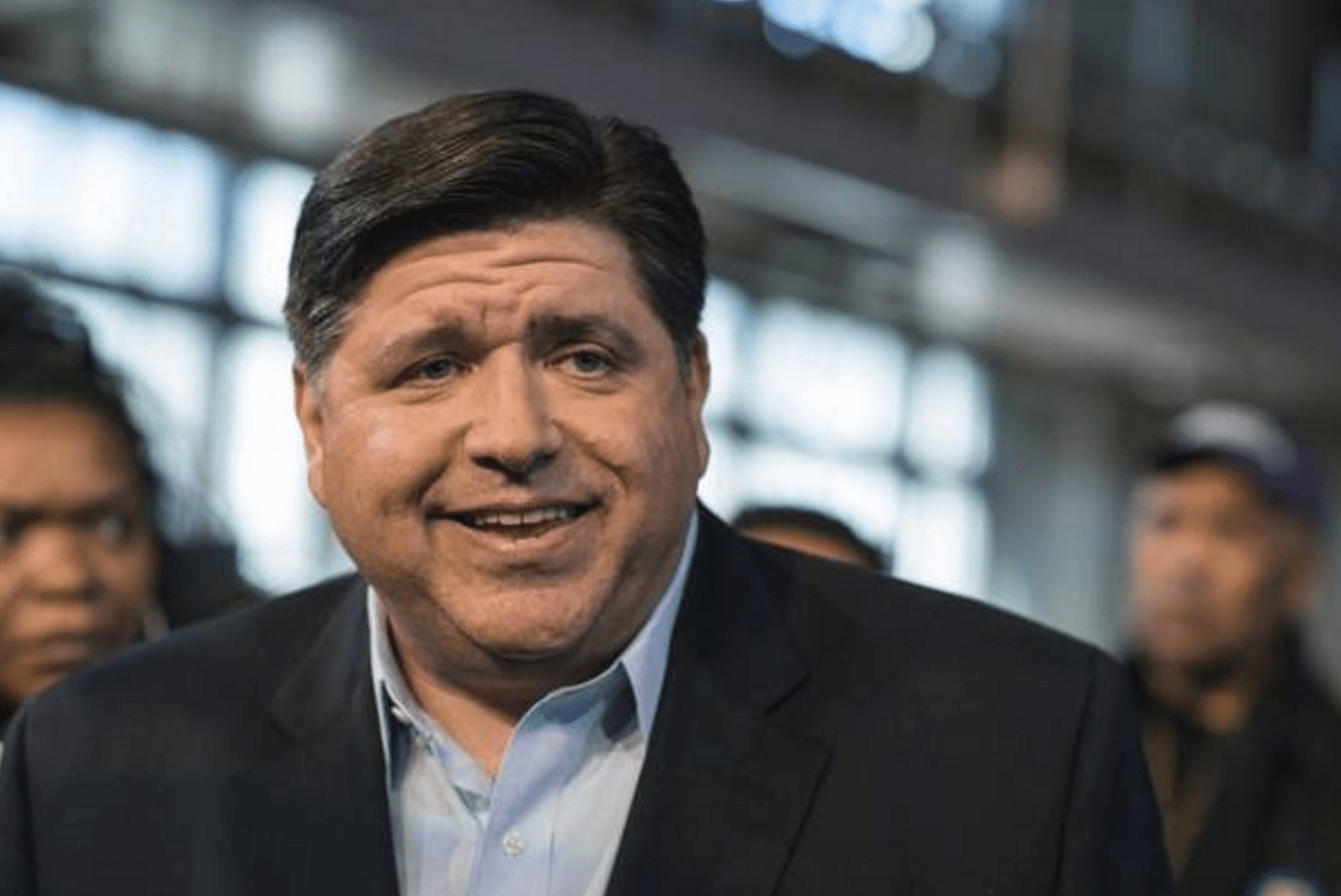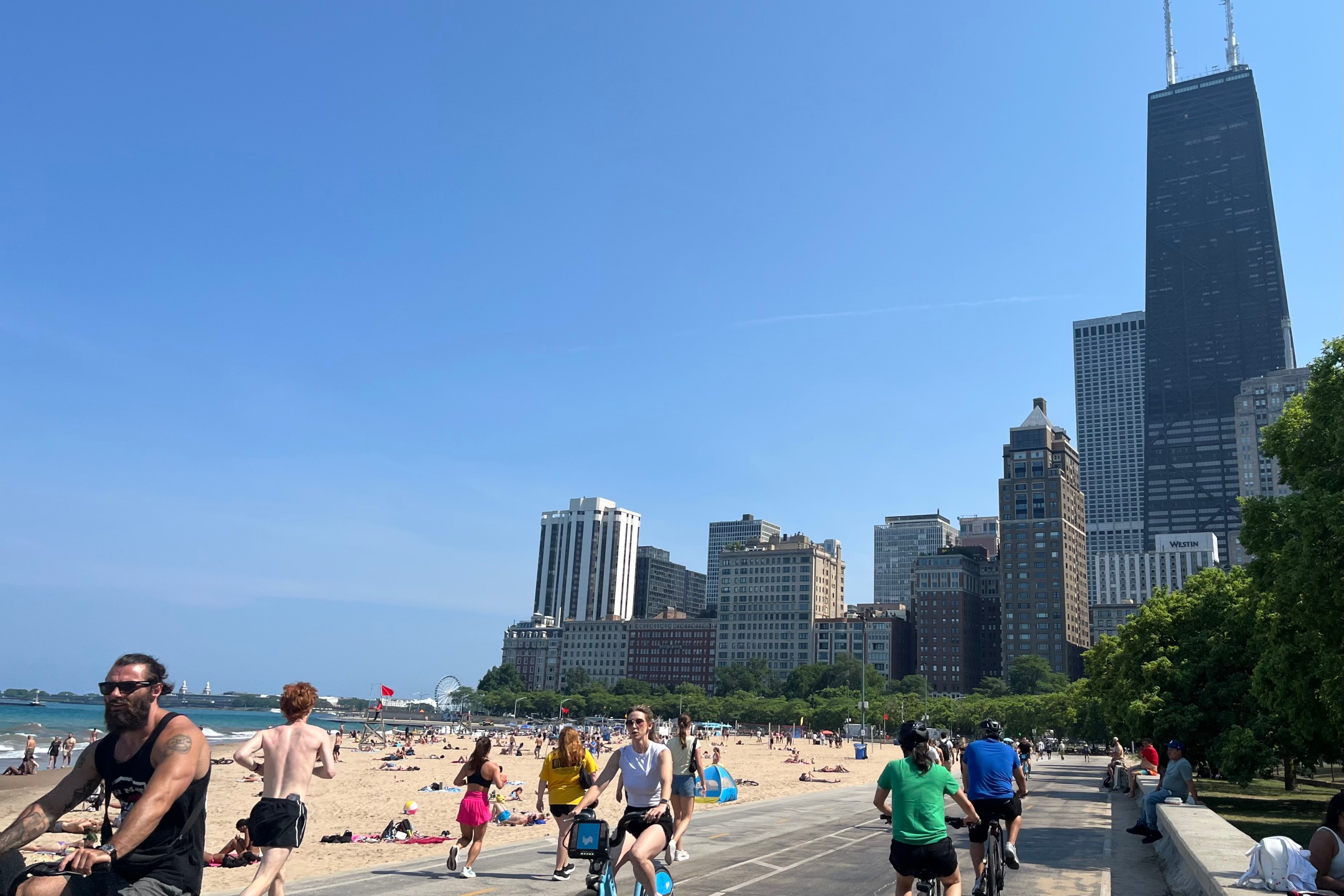Last week governor-elect J.B. Pritzker announced the members of his transition’s Restoring Illinois Infrastructure Committee. “Illinois’ role as a transportation hub for the nation is a critical component of our economy,” Pritzker said in a statement at the time, adding that his administration will prioritizing a capital bill “to build the infrastructure we need to restore Illinois’ place as an economic leader.”
The committee’s 45 members include a nearly comprehensive who’s who of Illinois transportation leaders. There’s MarySue Barrett, head of the Metropolitan Planning Council urban planning think tank; Tom Carper, board chair of Amtrak; CTA President Dorval Carter; Regional Transportation Authority head Kirk Dillard; and Chicago Department of Transportation chief Rebekah Scheinfeld. The roster also includes plenty of politicians and representatives from labor; the construction, engineering, architecture, and aviation industries; chambers of commerce; and other civic organizations.
However, conspicuously absent from the committee are any dedicated pedestrian and bike advocacy organizations. (MPC does frequently voice support for better walking and biking conditions, but it has a broader mission of “shaping a more equitable, sustainable and prosperous greater Chicago region.”)
According to a source, the Active Transportation Alliance -- the region’s leading walking, biking, and transit advocacy organization – directly asked Pritzker’s organization to be included in the committee, and was recommended by others to the governor-elect. Two Active Trans reps served on Chicago mayor Rahm Emanuel’s transition team in 2011. Moreover, current Active Trans director Ron Burke served as associate director of the Illinois Environmental Protection Agency from 2003-2008, so he has plenty of state government experience.
It’s not clear exactly why Pritzker’s people chose not to include Active Trans on the infrastructure committee. Burke declined to comment on the subject.
However, a couple of possibilities come to mind. Organized labor was a key source of support for Pritzker’s campaign, and there are plenty of entities that benefit from road-building projects represented on the committee. After current governor Bruce Rauner proposed widening multiple Chicagoland expressways to create more capacity for driving, Active Trans called for a moratorium on expressway expansion. That likely irritated some figures in the road-building lobby.
Active Trans has also been pushing for $50 million a year in state transportation funds to be earmarked for walking and biking projects, with a focus on improving conditions in lower-income communities. 27 Chicago CEOs sent a letter to Rauner and Pritzker asking them to commit to making the state Bike Walk Fund a reality, and multiple Chicago community organizations have voiced support for the idea.
While $50 million would only represent about 2 percent of the Illinois transportation budget, very little state money is currently used for walking and biking infrastructure. So it’s likely some labor, construction, and highway engineering folks would be loathe to see any funds diverted from road building.
We’ll probably never find out for sure why Pritzker’s team chose not to include dedicated advocates for walking and biking on the infrastructure committee. Notably, Pritzker expressed support for sustainable transportation in an Active Trans questionnaire for political candidates.
But one thing’s for sure. If Pritzker is serious about building “the infrastructure we need to restore Illinois’ place as an economic leader,” better facilities for walking and biking need to be a key component of his plan, since they’re a highly cost-effective way to promote safer and more economically vibrant communities.



